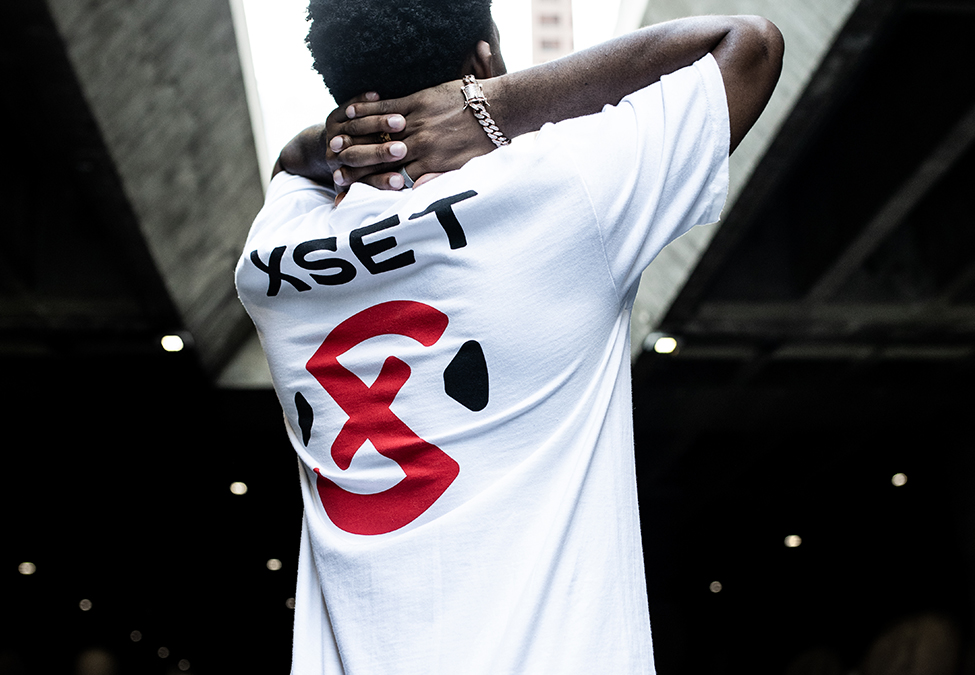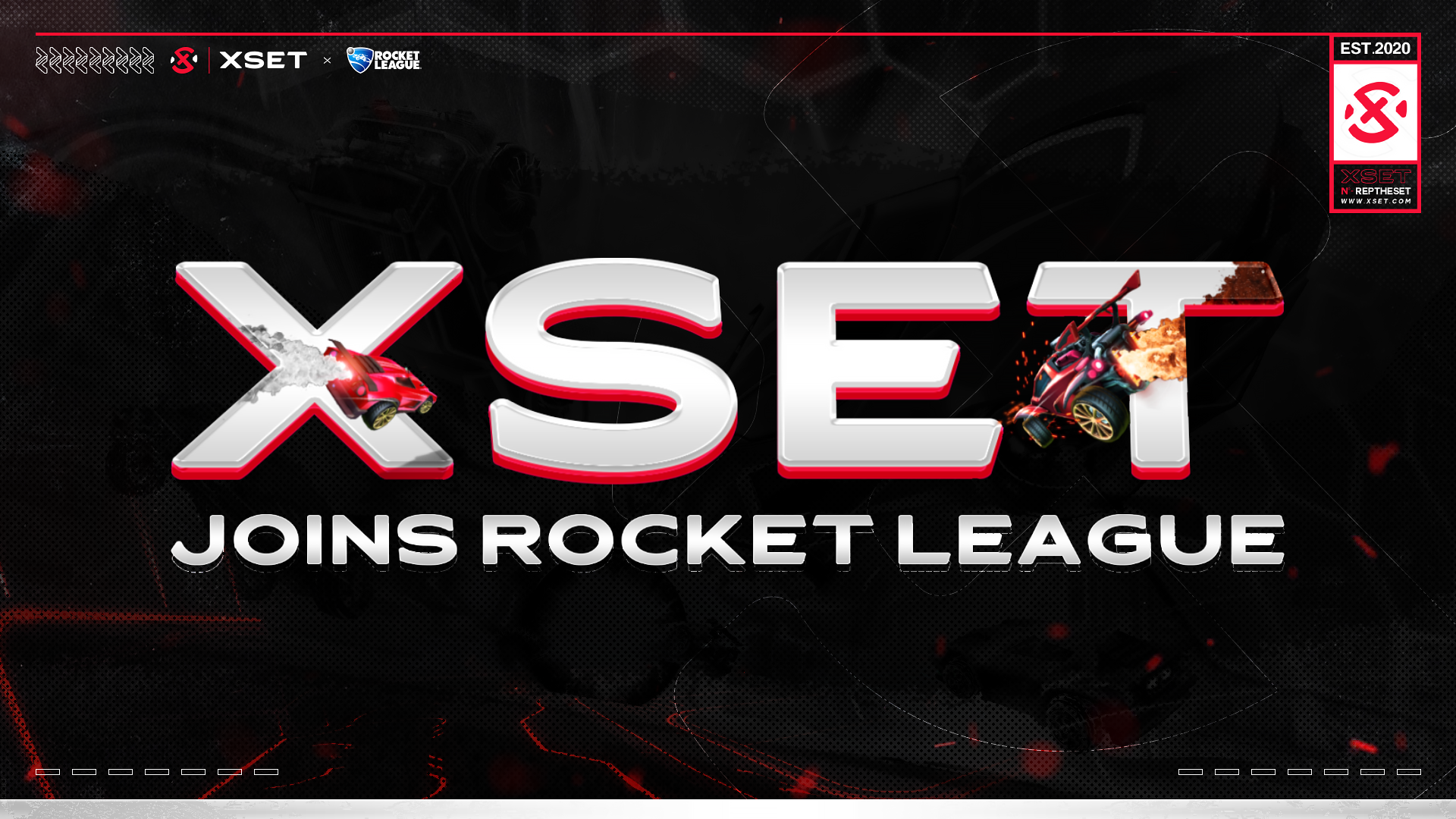Roll back the clock to 2015. The Battle Royale genre is merely a niche mod on DayZ. There are rumours that Activision Blizzard is planning a grand esports league based in cities around the world. On PlayStation, a new game is advertised for free download.
From Psyonix, a studio primarily known for being adept with vehicle physics in the Unreal Engine and being the creators of Super Acrobatic Rocket-Powered Battle-Cars comes Rocket League. Featuring cars with only a cursory idea of how to hit the ball anywhere above the ground with plenty of camera shake to go around, Rocket League hit the PS Store.
Five years later, Rocket League has grown to be a solid esport with nine competitive seasons under its belt. Psyonix was acquired by Epic Games and players are pushing off the literal glass ceiling of the game’s arena. But everything hasn’t been positive. This summer, 13 teams penned a letter to Psyonix asking for increased communication and better monetization paths. Major organisations like Complexity Gaming and Cloud9 left the scene.
So Psyonix switched things up. A new format was created. Say goodbye to league play and hello to a string of majors throughout the year leading to one world champion. Then the game was announced to be going Free to Play, the first time the $20 (£15.64) price tag was removed from those early days on the PS Store.

RELATED: Psyonix discusses shifting RLCS to events circuit, feedback from teams
After some organisations left, others came back. Team Liquid was the headliner but David Beckham’s Guild Esports also picked up a roster. After former FaZe Clan executives split off to form a new organisation XSET, Rocket League was the organisation’s first full team roster as they picked up an RLRS squad that just narrowly missed RLCS qualification in the last season before the sweeping changes.
“We’ve been looking at Rocket League for well over a year,” said Marco Mereu, COO of XSET and the only of the four founders to not come from FaZe Clan, to Esports Insider. “With some of the changes Psyonix introduced into the game this year and it going free to play, we just thought it was a perfect time to jump into what we think is going to be a long-term relevant esport.”
The new roster played under the name Stromboli. With a third-place finish in the RLRS during Rocket League’s ninth season, the team just barely missed promotion to the RLCS. The core of AlRaz and JPow stayed set while the duo brought on former RLRS player AlphaKep to replace Hec in the lineup.
The new roster will compete in an entirely revamped Rocket League structure – both at the top level and within the feeder systems.
“The new format is great for players,” said AlphaKep, whose real name is Austin Kepner. “Previously you had multiple months of players just sitting around. Players would take breaks, they didn’t even want to scrim. You didn’t know when there was going to be a LAN, there just wasn’t much consistency. With the new system, there is just constant action for viewers and players. As a player, it’s super motivating because we know there will be opportunities for us and there’s room to grow as a team.”
[primis_video widget=”5183″]
The new system features three splits each calendar year – replacing bi-annual league play. Teams will have to qualify for majors by winning tournaments throughout the split and each tournament will begin with open qualifiers. Compared to the steady promotion and relegation used by the RLCS and RLRS in the past and teams now have plenty more opportunities to break into the top level. Underneath these major tournaments are The Field and The Grid, more initiatives to give prospective professional players clear pathways to the top level.
Similar to how the Call of Duty League decided to have tournament-focused Home Series instead of league play, Rocket League’s new system will crown a true winner each event.
“You’re seeing this across other esports – like Overwatch – that running longterm seasons that just culminate at the end of the year, can be a bit exhausting on players and viewers,” said Mereu. “Having a lot of short-form majors provides reasons to get excited on a regular basis instead of waiting until the end of the season.”

Whether or not the new format helps quell the concerns that had organisations band together to air out grievances with Psyonix still remains to be seen. For XSET’s part, the communication issues that were a key part of that letter haven’t been felt by the organisation.
“So far the communication with Psyonix has been awesome,” Mereu said. “I have a lot of confidence that Epic and Psyonix are making Rocket League a more attractive place for organisations to be a part of. Finding the balance to make an esports league be a win-win for the organisations and the publisher isn’t easy and it’s something a lot of esports struggle with, not just Rocket League.”
RELATED: DreamHack to produce Rocket League’s RLCS X
Recent grievances aside, the reasons that many organisations were so excited about this game are still true about the title. From brand safety to accessibility to the skill ceiling, Rocket League has a lot going for it.
“We decided to be in this title because it’s an esport that’s really brand-friendly,” Mereu explained. “It doesn’t have a lot of violence in it. It’s very easy to understand. It’s not a complicated esport to watch like the Overwatch League for example to a non-familiar viewer. Most of all, it’s fun to watch.”
[maxbutton id=”14″ ]
